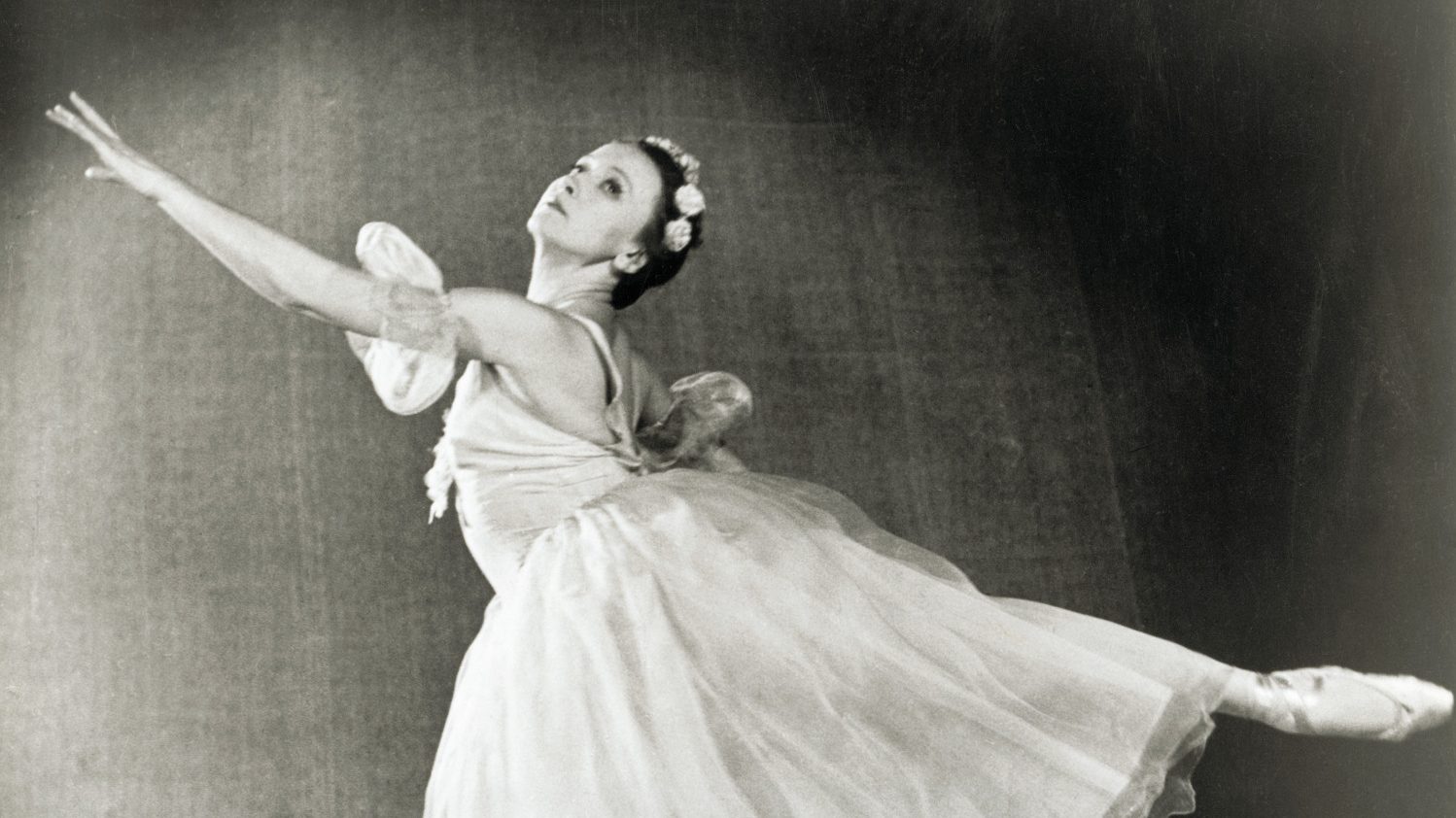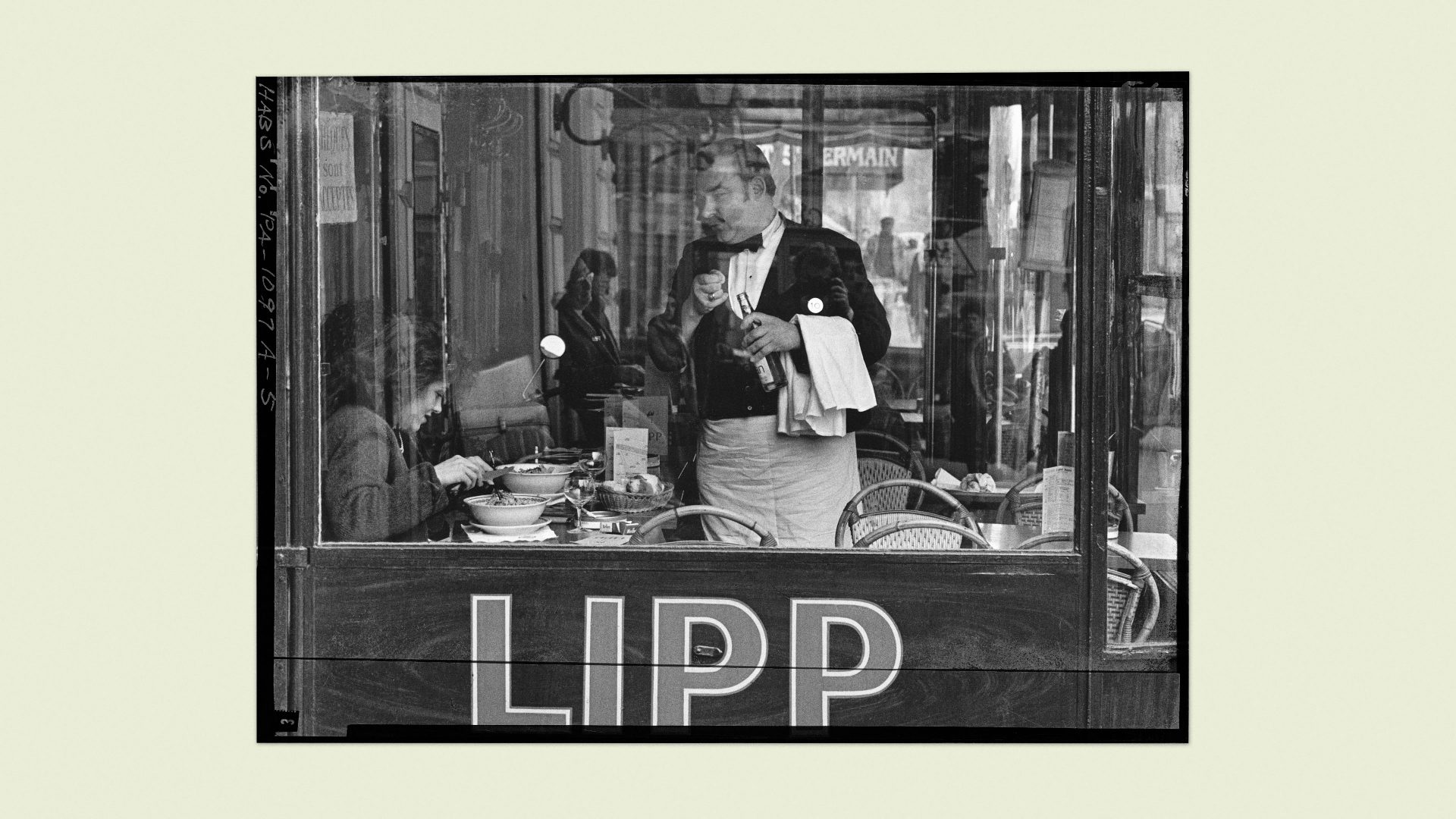The dressing room at the Royal Opera House in London’s Covent Garden may have been smaller than she was used to but it was easier to keep tidy.
Other prima ballerinas enjoyed the adulation after a performance, receiving callers and accepting gifts, but Galina Ulanova was different. While her shyness was not as crippling as it used to be, the lengthy curtain calls at the end of each performance were a trial. The dancing was fine – she could lose herself completely in the character, her mind and body in harmony to the exclusion of everything else – but when the applause began and the house lights went up, the breaking of the spell that placed her at the centre of attention was mortifying.
Three weeks earlier, on October 3 1956, her Juliet in the Bolshoi production of Prokofiev’s Romeo and Juliet prompted an ovation that continued for nearly half an hour. She gave up smiling after a while but kept curtseying among the tossed flowers, desperate to escape to this small room with its little fire in the grate and a door she could close.
Tonight’s routine had been disrupted by a requirement to meet the British Queen and her husband after the show, but now it was just her usual ritual of signing the pile of autograph books left nightly at the stage door, tidying her dressing table, arranging her makeup, lining up her ballet shoes on the rack, hanging up her costume and changing into the two-piece suit, sweater and flat shoes one gossip columnist said made her look “more like a small-town schoolteacher than a ballerina”.
Most nights about now there would be a soft knock on the door summoning her to her car back to the hotel but tonight was different. A film was being made of the Bolshoi production of Giselle but because the unwieldy camera equipment required an empty theatre, they had to do it in the middle of the night. It would be 2.30am before they needed her and a 5.30am finish at the earliest. Then back to the hotel to sleep before a lunch function, then tomorrow night’s scheduled performance.
She glanced in the mirror. Lead dancer in three full-length ballets in the space of 24 hours. Not bad for a 46-year-old.
She looked around the dressing room. These opera houses and theatres were all different yet all the same. With her parents having been dancers in the Mariinsky Theatre company in St Petersburg before the Revolution, Ulanova had inhabited these places for as long as she could remember. To think she’d resisted becoming a dancer at first but now they called her the best in the world.
Her enrolment in the Mariinsky ballet school despite her paralysing shyness had been inevitable – the only practical option given her parents’ profession. Coached by her mother from the age of nine, she made her stage debut for the Kirov company three years later but it was when she came under the tuition of the great Russian ballet teacher Agrippina Vaganova at 13 that Ulanova began to flourish, overcoming the worst of her shyness and displaying more promise than her teacher had ever seen.
Ulanova developed a personal style twinning perfect technique with astonishing presence and artistic depth, immersing herself in her characters and finding common traits with them to inspire performances way beyond mere technique.
She was 18 when she danced her first truly memorable role as Odette-Odile in a production of Swan Lake, the fluidity of her movement elevating Tchaikovsky’s ballet from the technical to the magical. She was that rarest of dancers, one who could apparently transcend physics and the limitations of the human body, but to achieve that she worked harder than anyone.
“Every day I studied, took class,” she said. “I rehearsed constantly and tried to utilise my life’s experience in my work.”
Giselle became her signature role but such was her versatility and the power of her interpretation it was often hard to believe the same dancer was performing different roles.
“With each part, she has a new body, a different personality,” Romola, the wife of Nijinksy, said after a performance in the Soviet sector of Vienna in 1949. “Her slender form seems to grow and shrink before one’s eyes.”
The Kirov company was evacuated to Perm ahead of the German invasion in 1941, sparing them the privations of the Siege of Leningrad, then in 1944 the best dancers were moved to Moscow to join the Bolshoi, helping to turn that company into the world’s best.
There were postwar tours of the Soviet bloc and a triumphant visit to China before, in the spirit of international cooperation fostered by Khruschev, the London dates permitted the west its first glimpse of a dancer they’d heard about for two decades.
Ulanova had been a little apprehensive about this tour. Not since Pavlova had the arrival of a ballerina been greeted in Britain with so much excitement but the circumstances of the company’s arrival had not been ideal.
Right up until departure, the whole trip had been in jeopardy after a Russian discus thrower in London for an athletics meeting had been arrested and charged with stealing hats from a shop on Oxford Street. She’d taken refuge in the Soviet Embassy and there was talk of the Bolshoi tour being cancelled if the charges were not dropped.
Wise counsel prevailed, but when the three Tu-104 jets carrying the company approached Heathrow on October 1, fog over London saw them diverted to an RAF base in Kent staffed by the US military.
Ulanova and her comrades sat on those aircraft for three hours waiting for an official from the Russian Embassy to arrive with permission to disembark, then there was the long coach journey to London where they were taken to the opera house to be received by an endless string of dignitaries.
Barely 48 hours later Ulanova was on stage as Juliet. The anticipation was feverish; this was the first time the Bolshoi had ever performed in the west and people queued all night and all day just in the hope of securing a returned ticket.
Could this extraordinary dancer, now approaching 50, really live up to such stratospheric expectations?
“She demonstrates an incomparable conquest of the body,” said the Sketch. “That she glides and floats; these are stolid cliches to convey the extraordinary quality of Ulanova’s movement. When she is lifted from the tomb by Romeo she does not merely hang limply but seems to have drained her whole body of the spirit of life. I have never seen anything like it before.”
A People’s Artist of the USSR and recipient of the Order of Lenin, she’d welcomed the way in which the post-revolution USSR had snatched ballet from the entitled classes and presented it to ordinary people again.
Britain, with its Queens and leering dukes and oily-haired men and fur-wrapped women, was different, certainly, but the performance, and losing herself in that performance, was the only thing that really mattered.
She stretched her calves, flexed her ankles and took down her Giselle costume, ready as ever to go again.




